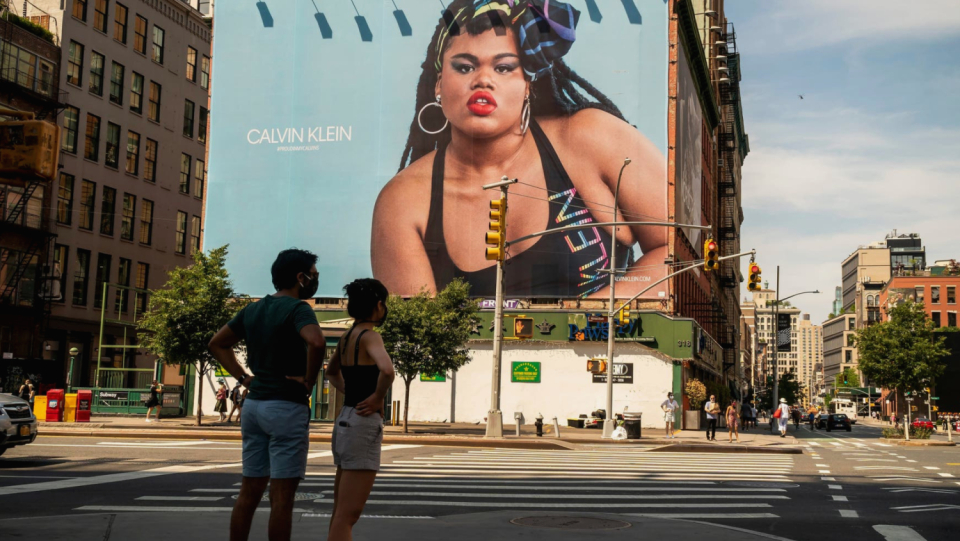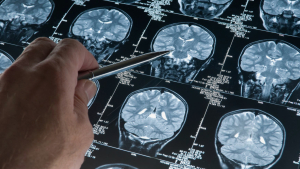Images of flawless bodies are omnipresent on social media. And they are one of many reasons why Instagram and Co prefer to stay away once more: the sight of them tarnishes the image of one's own body, that is, whether we appreciate it and feel comfortable in it, even if it may not correspond to the common ideal of beauty. But there are also ways to improve body image and thus psychological well-being via social media, as several studies show in the upcoming issue of the scientific journal "Body Image".
It was already known that the Body Positivity Movement, which is committed to a positive attitude to your own body, is successful with its posts. This once again confirmed a US study with Instagram photos of bodies that show supposed flaws such as belly bacon. When adult women were presented with these contributions, they were more satisfied with their body than when they saw neutral contributions or those that idealized the thinness.
The pictures can also be avoided how three psychologists about Kathryn Miller from the University of Waterloo in Canada report. They asked 200 students to remember an experience in which their body image was threatened, such as a negative remark about their figure. Some of them then heard how a supposedly the same age told about similar problems: that even improved the body image of the audience. Even more helped to find out how the woman had successfully mastered her problems. It was least helpful if the woman had no problems with her body, but was completely satisfied with him. Women serve as the best role models who describe how they initially struggle with their own body, but then developed a positive body image.
Why a Good Body Image is important
Why satisfaction with your own body is important at all, two further examinations in the magazine »Body Image«. A current overview of 167 studies came on 28 facets that make up the body image. Dissatisfaction with their own body was the facet, in which people with mental disorders such as bulimia differed most from the mentally healthy.
However, the most frequently studied facet of the positive body image is the appreciation of one's own body: to respect it, to accept it. A meta-analysis showed that the lack of appreciation, in turn, is associated primarily with eating disorders, but also with anxiety and depression and a lower psychological well-being, including less self-esteem, self-compassion and sexual satisfaction.
Muscular models are no better than thin
Because of such findings, images of normal beauties and thin models are increasingly controversial on social media. The trend is moving away from diets and towards workout: the new thin is fit and strong. The buzzword "Fitspiration" stands for pictures and videos of muscular people who are supposed to motivate them to exercise. However, this is no better for body image than thin models, as initial studies suggest.
Researchers from Europe, Japan and Singapore interviewed more than 700 people in several European countries during the Corona pandemic. As the group in the "Journal of Psychiatric Research" describes, the consumption of fitness -related content, called "Fitspiration", was concerned with concern for your own appearance and a weak self -compassion. The authors explain more about a supposedly perfect appearance than a healthy body.
The communication researcher Laura Vandenbosch from the Catholic University of Leuven in Belgium and her colleagues from Australia express themselves even more clearly in a study on the influence of social media on body image. In "Current Opinion in Psychology" they write that only body positivity has a positive effect, but not "fitspiration". On the contrary, fitspiration content would have just as negative effects as those that portray thinness as ideal. It is already a pity to praise such content: according to the researchers, positive comments enhance the effects of the idealized content.



















